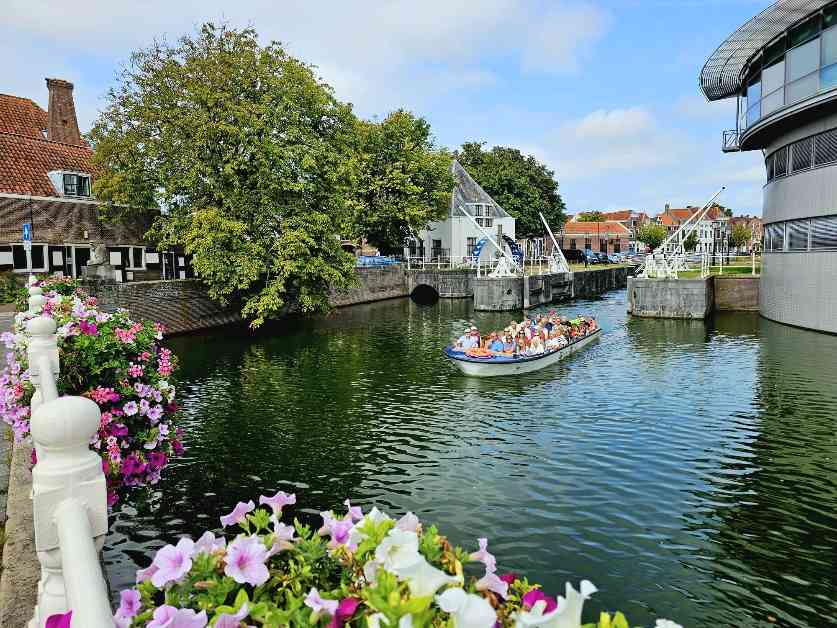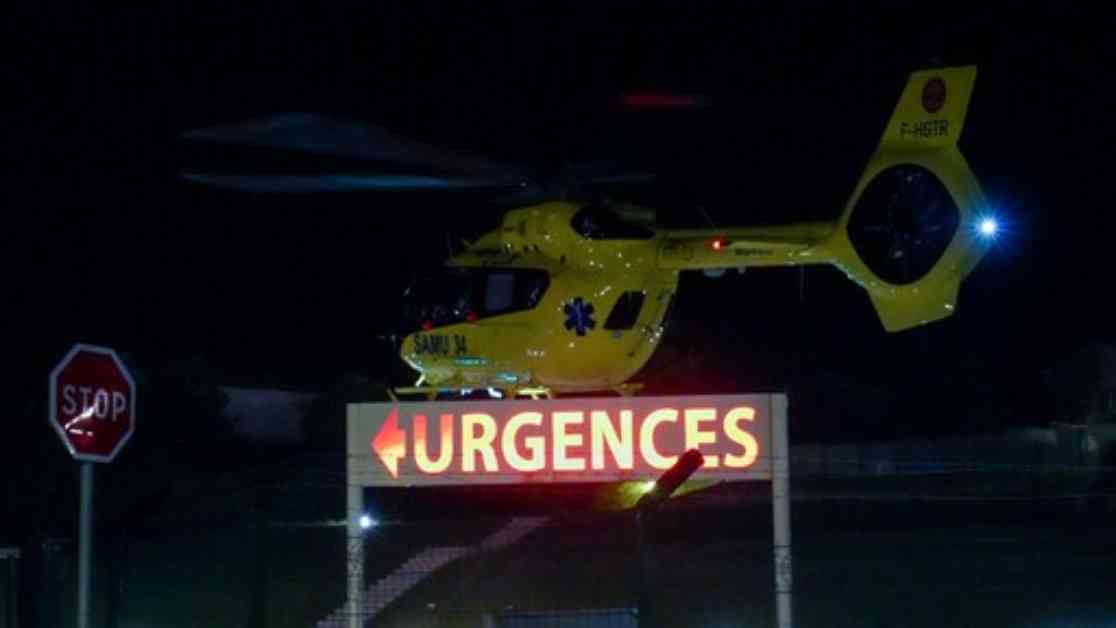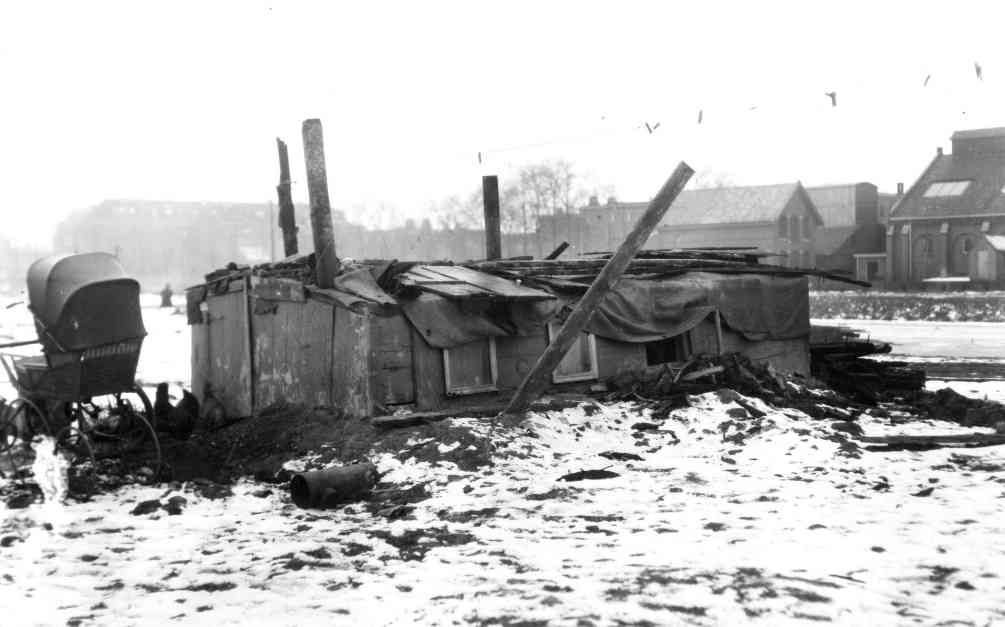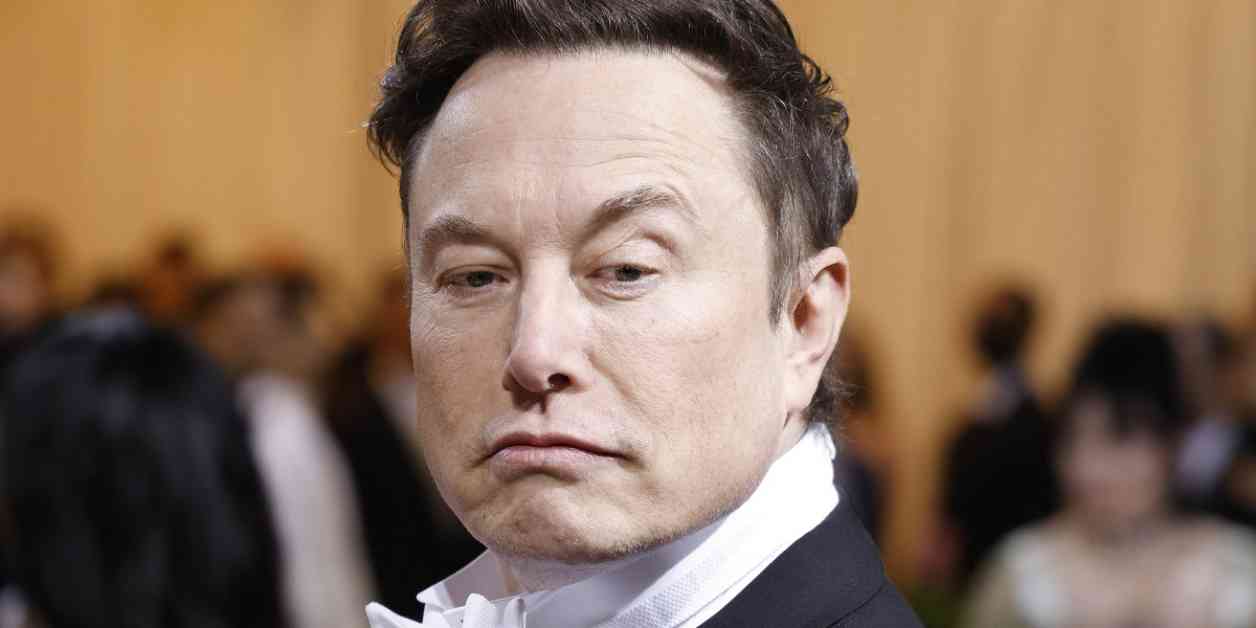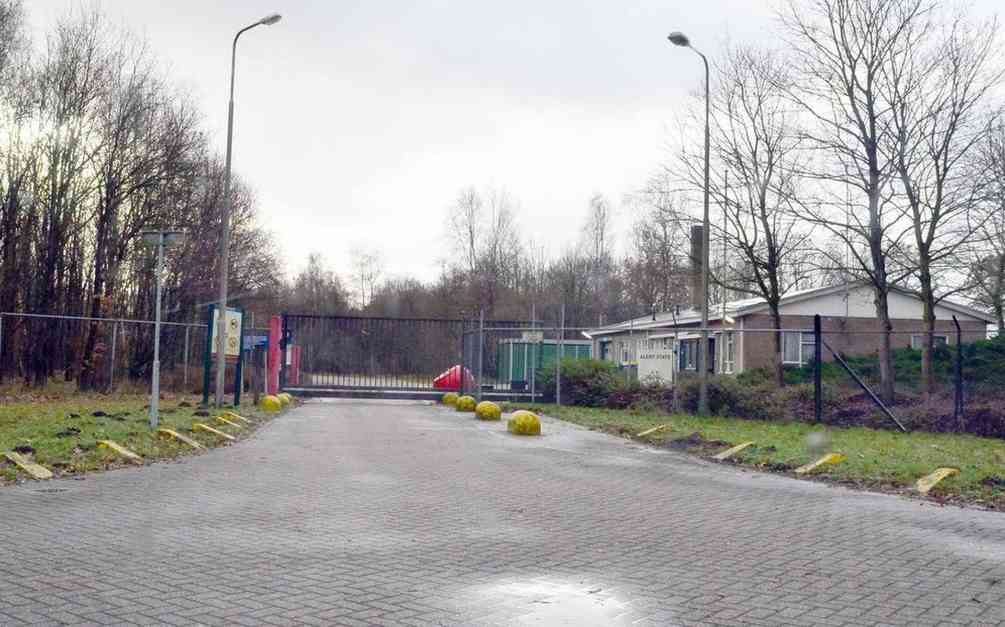The prices for fuel that is used to heat homes and generate electricity are at an all-time high.
A lot of debate surrounds natural gas in Europe, especially considering the history of Russia’s invasion and occupation of Ukraine.
These are the key points to remember:
WHAT IS PUTIN PROPOSING?
Putin stated that Russian gas importers must now pay in rubles. European leaders stated that there are no dice — contracts say dollars or euros, and neither side can change it.
Analysts say that changing currency would usually follow lengthy negotiations. Customers would demand something in return for being exposed the fluctuations that could come with paying in the less stable ruble.
Open questions about the meaning of the change have shaken energy markets. They raised concerns about whether Europe’s natural resources could be cut and caused a significant economic hit. Russia relies on oil sales and oil to finance its government, even though sanctions have strained its financial system.
The Kremlin provided what could be viewed as a loophole. The Kremlin offered a loophole that allowed importers to open accounts in dollars, euros or rubles at designated banks. The importer would pay for the gas bill in dollars or euros and then direct the bank to convert the money into rubles.
Dmitry Peskov, a Kremlin spokesperson, said Friday that the change will not happen immediately. “Payments for shipments in process right now must be made somewhere in late April or early May.
European leaders rejected the proposal and said that payments would continue in dollars or euros.
German officials would not discuss the effect of Putin’s decree, other than to state that they were looking into it. Beate Baron, spokeswoman for Economy Ministry, stated that Russia’s Gazprombank was given 10 days to explain the procedure. “And of course we will in our turn look carefully at that.”
Tweeted by a top European Commission official in the energy sector, it said that the European Union was cooperating “to establish common approaches.”
WHAT IS PUTIN AFTER?
According to the Kremlin, this is because Western sanctions have froze its foreign currency reserves. The measure is targeted at importers from “unfriendly” countries. It can be seen as retaliation against the sanctions that have shut down many Russian banks from international financial transactions, and caused some Western companies to quit their Russian businesses.
Russia has no clear economic advantage. The theory is that payment in rubles could increase demand for the currency, and help the Kremlin boost its exchange rate, which has recovered ground from the initial plunge following the invasion. Gazprom, a gas exporter, already has to sell 80% its foreign earnings in rubles. So the currency boost could be minimal.
According to the Kremlin, it wants to increase ruble payments for other commodities like metals.
Stefan Meister, the head of the German Council on Foreign Relations’ program on international order, democracy and peace, suggested that one motive could be political.
Meister stated that Russia is not interested in stopping the flow of gas but wants to win a political victory. It wants to prove that Putin controls the conditions in which it exports gas.
Meister stated that the move was partly targeted at Russia’s domestic audience. Putin told his people, “Look, these enemy states, and now they must pay under a different program.”
Meister stated, “So I believe that this is also about getting support within the country, defining whom are the enemies.”
Another reason could be to shield Gazprombank from sanctions, Meister stated. Gazprombank would be the conduit for payments that keep the gas flowing. It is Russia’s third-largest bank and, like Sberbank which is the largest, has not been disconnected from SWIFT international payments system.
What’s the state of gas supply to Europe?
Payments for oil and gas are exempted from payments under coordinated U.S.-EU sanctions. This concession by the White House is made to European allies, who are more dependent on Russia for 40% of their gas and 25% of their oil.
According to the websites of pipeline operators, gas continued to flow from Russia into the European pipeline system on Friday.
There are many unhappy European utilities continue to buy energy from Russia. According to the U.S. Energy Information Administration, 43% of their annual government revenues came from oil and gas sales between 2011-2020.
This helped to pay for the tanks, missiles and other equipment used in the invasion. It also means Russia has strong arguments not to cut off natural gaz.
EUROPE CAN SUCCESS A GAS CUTOFF.
Europe’s economy will struggle without Russian gas. However, the impact on each country would be different.
Germany is the continent’s biggest economy. Monika Schnitzer, a professor of economics at Munich and member of the government-appointed council of economists, stated that Germany “is heavily dependent upon Russian energy supplies”.
She stated that a suspension of these supplies could lead to a German recession with higher inflation rates.
The inflation rate is at an all-time high, making food and raw materials more expensive. This is due to rising energy prices. Europe was already facing an energy crisis before war broke out.
Governments and companies are scrambling to gather supplies from other sources. However, it wouldn’t be enough to cover what is being used now if Russian Gas suddenly stopped.
According to the Bruegel think-tank, Europe will be 10% to 15% less than normal to heat the next winter. This means that extraordinary measures must be taken to reduce gas consumption.
European leaders said that they cannot afford to suffer the effects of an immediate boycott. They plan to decrease Russian gas usage as quickly as possible. They are ordering more liquefied gas by ship, seeking more gas through pipelines from Norway or Azerbaijan, and pushing conservation measures.
The goal is to reduce Russian gas use by at least two-thirds by 2020 and all Russian gas consumption by 2027.
It is clear that the situation is so serious that Germany has declared an early alert of an energy crisis. This is the first of three stages.
Government regulators will need to decide which companies have their gas shut down in an emergency. This is done to save homes and hospitals. Galvanized metals, chemicals, and glass are made with lots of gas.
Raising would be a devastating blow to an already struggling European economy from the fallout of the war and high fuel prices which have raised inflation to a new record 7.5%.






